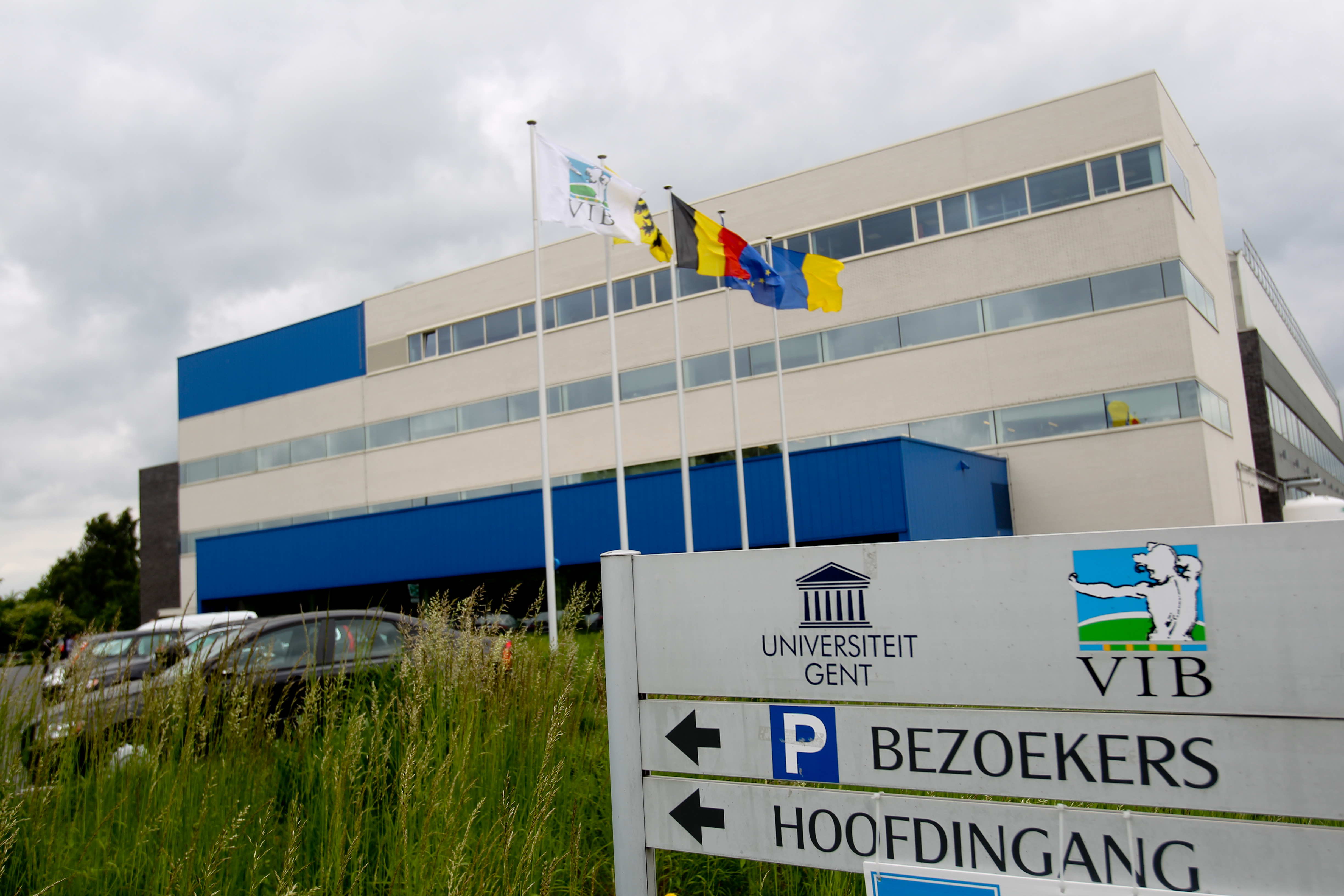Ghent University and VIB to develop vaccine technology against bacterial infections

Ghent University (UGent) and the Flemish Institute for Biotechnology (VIB) are leading a European network that has secured a grant of 8 million euros to develop new vaccine technology against bacterial infections.
The first clinical studies will take place at the UZ Gent university hospital in collaboration with the Centre for Vaccinology, the university reported in a press release on Tuesday.
The network, called Baxerna, is led by VIB and UGent and includes the Brussels universities VUB and ULB, the French Pasteur Institute, the Radboud Medical Centre in the Netherlands and the Karolinska Institute in Sweden.
Headed by professors Lennart Martens and Francis Impens of VIB-UGent Centre for Medical Biotechnology, the project will look for new antibacterial mRNA vaccines as a preventive tool in the fight against antimicrobial resistance.
Significant public health threat
Antimicrobial resistance occurs when bacteria or other micro-organisms such as viruses, fungi and parasites no longer respond to antibiotics. The World Health Organisation has declared antimicrobial resistance as one of the top 10 most significant threats to global public health.
Globally, more than 1 million people are estimated to die every year from infections caused by resistant bacteria. The current generation of antibacterial vaccines is developed based on an attenuated or dead bacterium, formulated as an antigen that can trigger an immune response in our bodies.
"With Baxerna, we can finally look ahead to new ways of developing antibacterial vaccines,” Impens says. “With professor Martens' lab, we can use advanced mass spectrometry and artificial intelligence to identify and analyse bacteria-specific antigenic proteins. Based on that, we can design an RNA molecule encoded for a specific bacterial antigen. This RNA molecule can, in turn, form the basis for a vaccine, which allows us to train our immune systems against such infections preventively.”
The research will initially focus on pathogens such as Mycobacterium tuberculosis, Mycobacterium ulcerans and Acinetobacter baumannii.
(BRV)
#FlandersNewsService | © BELGA PHOTO VIRGINIE LEFOUR